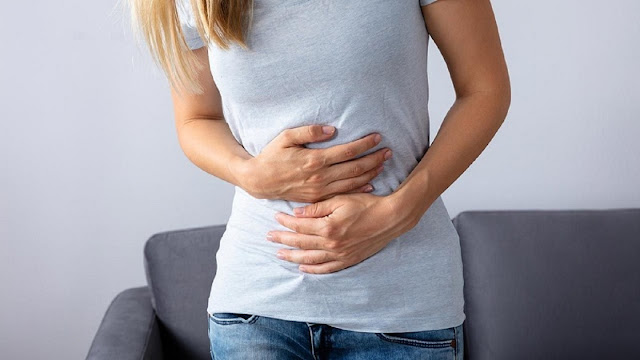The open sores that develop on the inner lining of the stomach and duodenum are called peptic ulcers. If you are suffering from heavy stomach pain, you might be suffering from a peptic ulcer. However, it is a common symptom of many health issues which is why a diagnosis is required to know the cause of the issue.
There are two types of peptic ulcers,
- Gastric ulcers - Sores, which occur in the inner lining of the stomach.
- Duodenal ulcers - Sores that occur in the internal lining of the upper intestine, duodenum.
The risk factors that aggravate peptic ulcer disease include smoking, drinking, stress, and unhealthy food habits.
Causes of peptic ulcers
These ulcers occur when the digestive tract acids ruin the inner lining walls of the stomach and duodenum. This happens when excessive acid secretion breaks the mucous layering of the lining. These sores cause inflammation and bleeding.
Several factors can be associated with the cause of peptic ulcers.
- Helicobacter pylori bacteria are considered one of the most common causes of peptic ulcers. These bacteria live on the mucous of the stomach and the duodenum lining and stay harmless. But sometimes can cause inflammation which later leads to peptic ulcers.
- Daily intake of pain relievers and non-steroidal anti-inflammatory drugs can also increase the chance of developing peptic ulcer disease.
Hence, to keep the pylori bacteria away, take daily supplements like the Pylo-x (https://www.pylo-x.com/) food supplement. This supplement can help in the management of the bacteria and also its effects like peptic ulcers. Incorporating this supplement into your daily diet can aid in improving the quality of your life. For more information on the product, dial 833.550.6660 or email info@innovatedmedpharm.com/.



